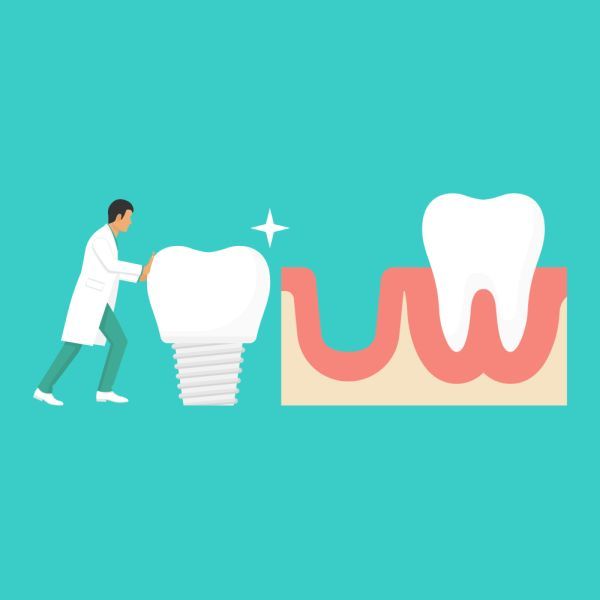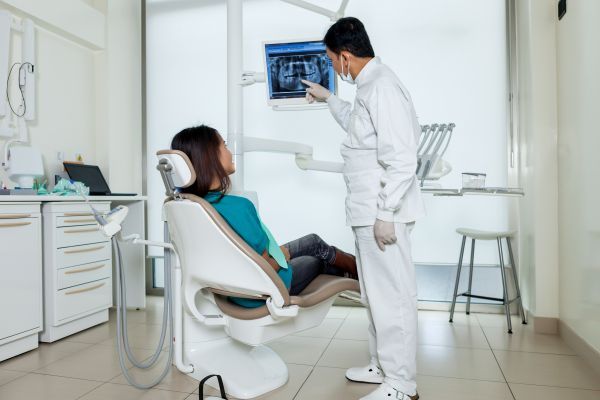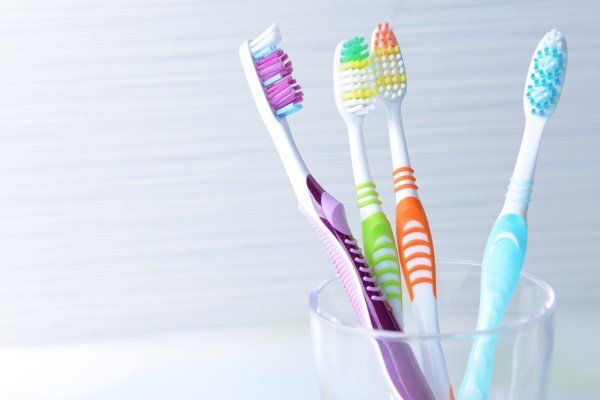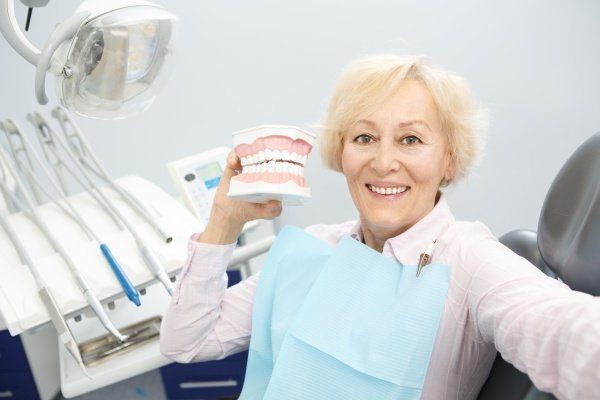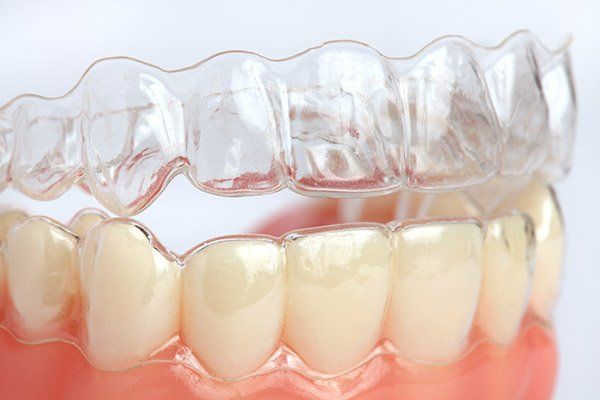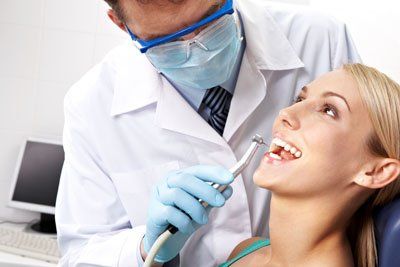What to Expect During Teeth Extraction?
- By Mark Melevsky, DMD
- •
- 13 Mar, 2019
- •

Sometimes teeth extraction is the best solution for some conditions. The situation could be any of the following:
- Severe tooth damage
- Wisdom Teeth Issues
- Shifting or misaligned teeth
- Ankylosed teeth (milk teeth not falling out)
- Jaw Issues
- Underlying issues such as tumor or cyst
If you have been booked for teeth extraction, knowing what to expect during the procedure will keep your mind prepared.
BEFORE THE SURGERY
Before the dentist carries out the tooth extraction, they will ask for a comprehensive medical and dental record. Thus, pre-operative consultation may be necessary. You may be asked what medications, vitamins, herbal supplements, and over-the-counter drugs you have been using. The dentist will also want to know if you have any medical allergy.
Usually, the dentist will perform a dental x-ray to examine the affected tooth to know how close to vital structures such as nerves. Sinuses, or arteries. In complex situations, 3D imaging, or CBCT may be necessary.
The dentist may recommend antibiotics before or after the surgery, based on the length of the surgery or presence of a particular medical condition.
DAY OF SURGERY
Before the surgery, the dentist will give you local anesthesia that will make you numb. Sometimes strong anesthesia may be used to last hours after the surgery. This will provide you with ample time to take your medications before the effect fades out.
Together with the anesthesia, you may get additional medications to help speed up the process of recovery. Like every surgery, swelling may occur a few days after the surgery. The doctor will prescribe anti-swelling, antibiotics, and anti-nausea for use after.
The dentist may sedate you throughout the surgery. If you are not sedated, then the process is minor. Although, some type of anesthesia is necessary at the extraction point. It is normal to feel pressure while the actual removal is going on. However, you will not feel any pain.
The dentist will shift the affected tooth back and forth using forceps until it loosens up for easy extraction.
SURGICAL EXTRACTION
This process is more complex and commonly used if the tooth has not broken along the gum line, has decayed severely that it cannot be held with a forceps, or the tooth has not developed completely. For the procedure, the dentist will make a minor incision in your gum to reach the affected tooth. This will make the extraction easier.
After removing the teeth, the dentist will proceed to stitch the incision point.
AFTER THE SURGERY
After removing the tooth, you will be given a piece of gauze to bite on for an hour to stop bleeding from the site of extraction. The pressure will cause blood clotting on the site, which is essential for healing. Occasionally, over the coming days, you will need to replace the gauze and apply pressure as directed.
FINALLY
It is normal for bleeding to occur, and it will stop eventually. You should remove the gauze before eating or drinking, and should only replace it if you discover active bleeding.
Request a dental appointment here: https://www.betterdentalhealth.com or call Mark Melevsky DMD at (781) 837-6655 for an appointment in our Marshfield dental office.

